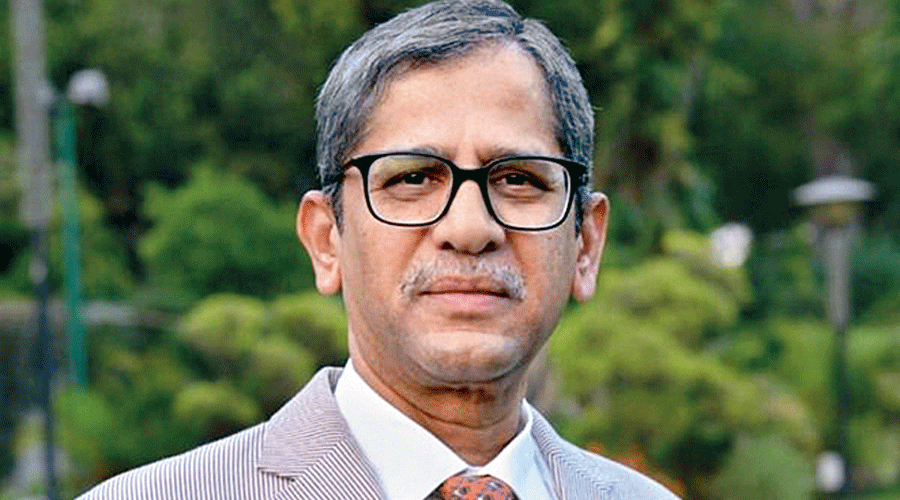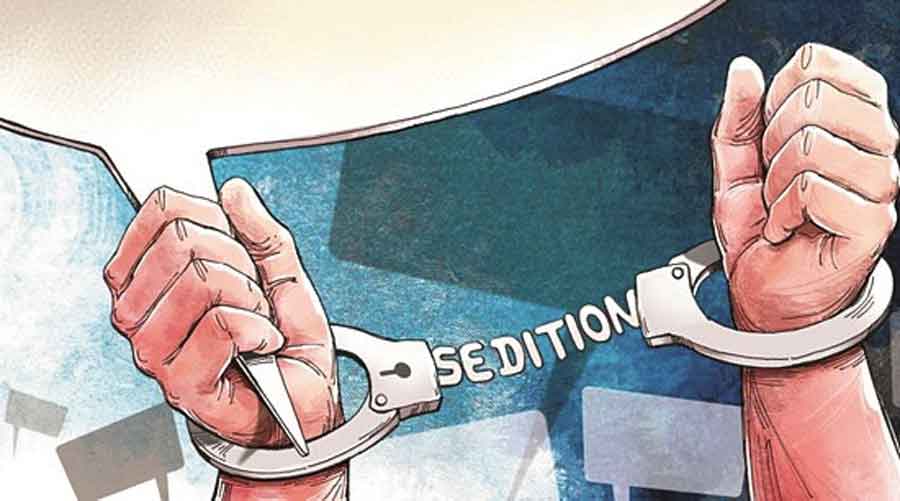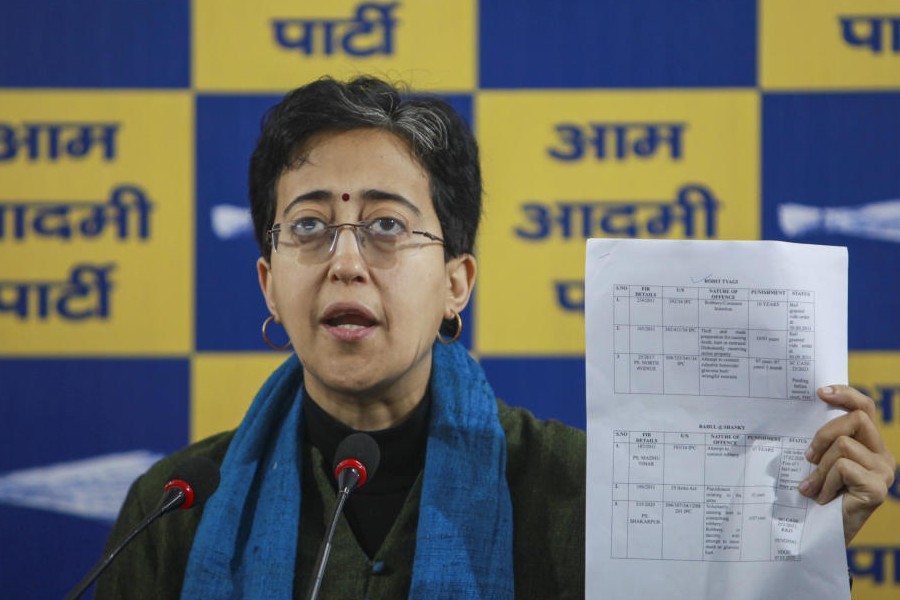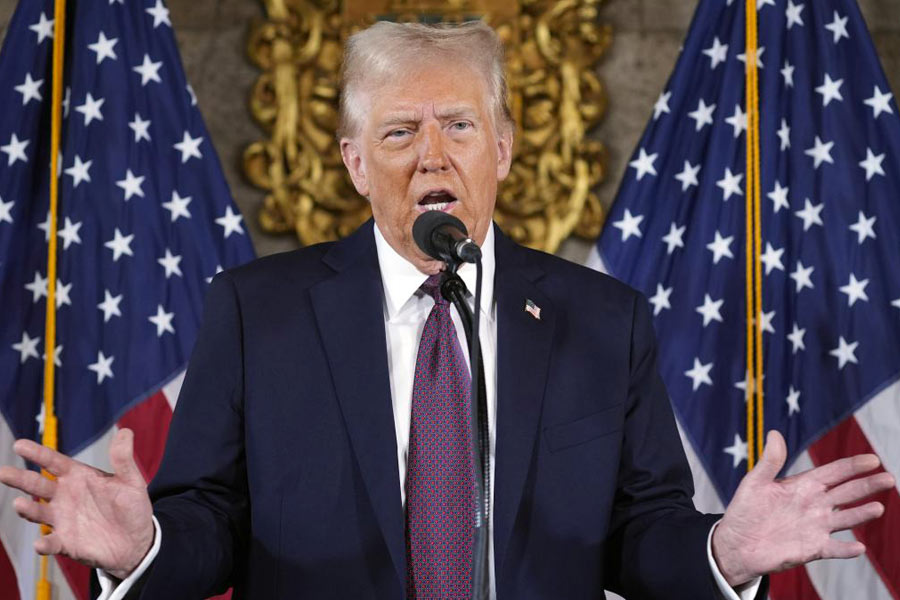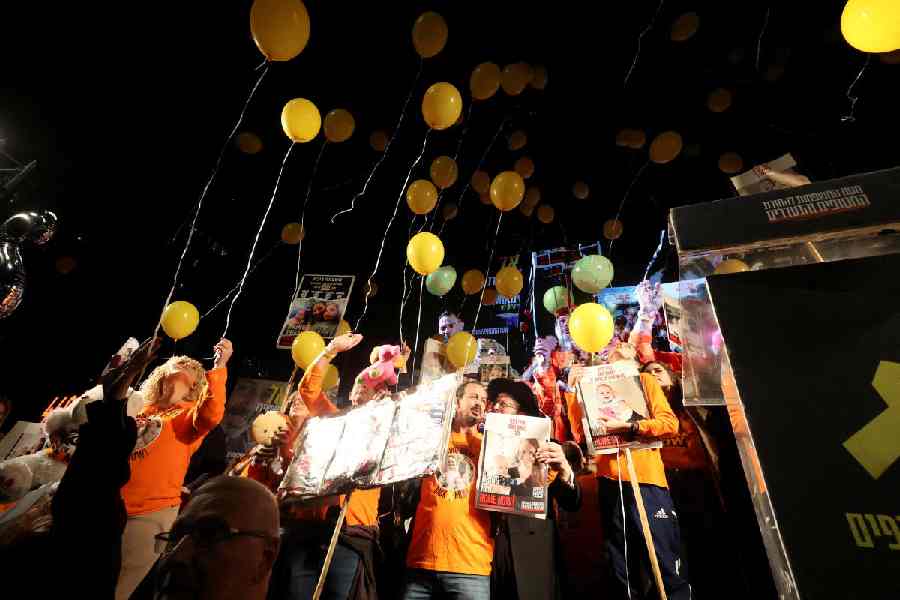The Supreme Court on Wednesday stayed “until further orders” all pending proceedings under the sedition law across the country, overruling the Centre’s objections by citing the government’s own stated intention to “re-examine and reconsider” the provision.
The court also expressed “hope” that the states and the Centre would “restrain from registering any FIR, continuing any investigation or taking any coercive measures” by invoking the sedition law — penal section 124A — while it was “under consideration” of the Union government.
Later, senior advocate Rebecca John told The Telegraph: “This order will bring immense relief to countless citizens against whom this provision has been unfairly used. However, I expected the SC to test the constitutionality of the provision and strike it down rather than give more time to the Centre to decide on the fate of the provision.”
A batch of petitions has sought scrapping of the British-era sedition law citing its misuse by central and state governments to stifle dissent. Senior advocate Kapil Sibal, representing main petitioner V.G. Vombatkere, had to a query from the bench said that an estimated 13,000 sedition-related cases were pending across the country.
But the Centre on Monday asked the court to stay away from the matter saying the government had “decided to re-examine and reconsider” the sedition law and that this could be done only “before the competent forum” (Parliament).
On Wednesday, solicitor-general Tushar Mehta, appearing for the Centre, pleaded that instead of ordering a blanket stay, the apex court might issue guidelines that all future sedition FIRs be registered only after a scrutiny by the district superintendent of police.
Mehta further argued that the high courts may be asked to speed up bail proceedings in all sedition cases so far registered until the Centre took a decision on the law.
But Chief Justice N.V. Ramana underlined that the latest government affidavit had said the Centre too was concerned about misuse of the sedition law and was considering the question of the provision’s continuation in line with its re-examination of all colonial laws.
The court said that till the government took a final decision, it had to strike a balance between the State’s “security interests” and citizens’ fundamental right to life and liberty, and was therefore passing an interim order.
The court also referred to a remark that the country’s topmost law officer, attorney-general K.K. Venugopal, had made at an earlier hearing alleging misuse of the sedition law by the (Opposition-ruled) Maharashtra government against political opponents.
“In view of the above, it is clear that the Union of India agrees with the prima facie opinion expressed by this court that the rigours of Section 124A of IPC is not in tune with the current social milieu, and was intended for a time when this country was under the colonial regime. In light of the same, the Union of India may reconsider the aforesaid provision of law,” the bench, which included Justices Surya Kant and Hima Kohli, said.
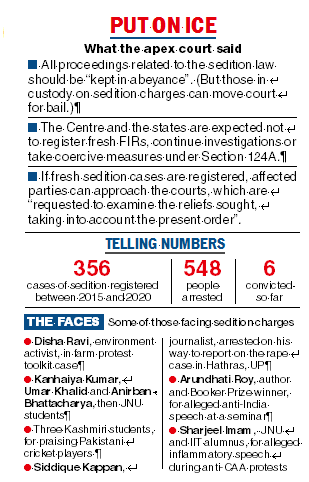
“This court is cognisant of security interests and integrity of the State on one hand, and the civil liberties of citizens on the other. There is a requirement to balance both sets of considerations….”
The court said:
• “We hope and expect” that the state and central governments would not register any FIR, continue any investigation or take any coercive measures by invoking the sedition law while it was under the government’s consideration.
• If any fresh case is registered under Section 124A, the affected parties can approach the courts for relief. The courts are “requested to examine the reliefs sought, taking into account the present order passed as well as the clear stand taken by the Union of India”.
• All pending trials, appeals and proceedings relating to the sedition law should be “kept in abeyance”. Adjudication in connection with other penal sections, if any, may go on if the courts feel that it would cause no prejudice to the accused.
The apex court said these directions would continue till further orders and listed the next hearing for the third week of July.

